#devotional paganism
Explore tagged Tumblr posts
Text
Full Moon, 30 August 2023
Crossposting from the Zucker's site...
It's the full moon in Pisces, at 7° Pisces (tropical), perfecting at 9:36 pm tonight (30 August 2023). This part of Pisces is associated with the Titan Okeanos from Greek/Mediterranean mythology — "great ocean", the wild and unconquerable world-girdling salt-water river. It's a good time to give thanks for your sources of fresh water, and to pray and act for the health of the ocean, and the role of fish in both your diet and in their natural role as the inhabitants of the great waters.
The Moon is also in the Twenty-Seventh Mansion of the Moon, which is associated with stars in the constellations of Pegasus and Andromeda, and it is associated with magics that create prosperity for yourself — and wreak havoc among your enemies. Medieval Arabic navigators and astrologers associated it with the sound/letter "MIM" and the angel/djinn/spirit named "Alheniel/Alhens."
You can think of a "Mansion" as like a stretch of highway or important state-number road, and it's the distance that the Moon travels in a single 24-hour period; the 27th Mansion is something like a stretch of road that passes through a quaint town with a lot of good bars, boutique shops, and great restaurants... that also happens to have a lot of fresh water swamps, ponds and lakes on one side of the road, and salt-water marshes, tidal pools, and dune-shielded beaches on the other. Maybe there's a boardwalk with arcades and games, too. "Alheniel" is kind of like the mayor or governor of this place, 'officially in charge' — but Okeanos is the Big Guy in town.
so... there's a framework for imagination, visualization, journey-work, prayer and magic. Enjoy!
16 notes
·
View notes
Text
When you step into sunlight, you honor Apollo. When you admire the moon, you honor Artemis. When you admire cloud shapes, you honor Hera. When you smell petrichor, you honor Zeus. When you laugh at a joke, you honor Hermes. When your body twitches to dance at a particularly upbeat music, you honor Dinoysus. When you enjoy the first bite of your breakfast, you honor Demeter. When you choose your peace over any conflict, you honor Athena. When you warm yourself up by sheltering yourself in blanket, you honor Hestia. When you listen to Ocean sounds, you honor Poseidon. When you smell flowers, you honor Persephone. When you admire the coolness of first day of Autumn, you honor Hades. When you wear your favourite jewellery, you honor Hephaestus. When you smile, you honor Aphrodite. When you exercise, you honor Ares. When you light a torch in a dark room, you honor Hekate.
Your body is a shrine to Gods, your being an act of devotion for them. You, by yourself, are enough for them.
#hellenic polytheism#apollo deity#aphrodite deity#hellenic worship#hellenic deities#hellenic devotion#hellenic pagan#hellenic pantheon#hermes deity#dionysus deity#demeter deity#zeus deity#hera deity#hephaestus deity#ares deity#poseidon deity#hestia deity#artemis deity#athena deity#hekate deity#hades deity#persephone deity#hellenic gods#hellenic polytheist#hellenic paganism#hellenic polythiest#goddess aphrodite#goddess persephone#goddess hecate#hecate deity
9K notes
·
View notes
Text

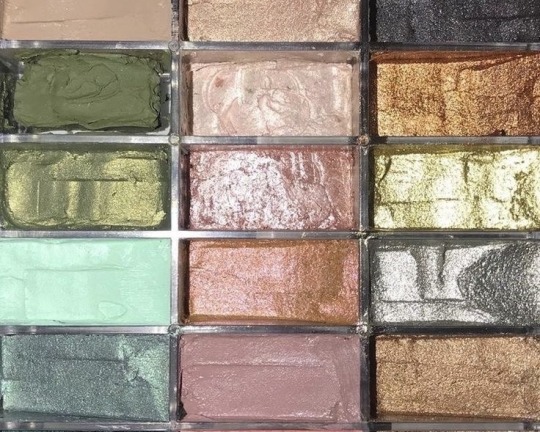


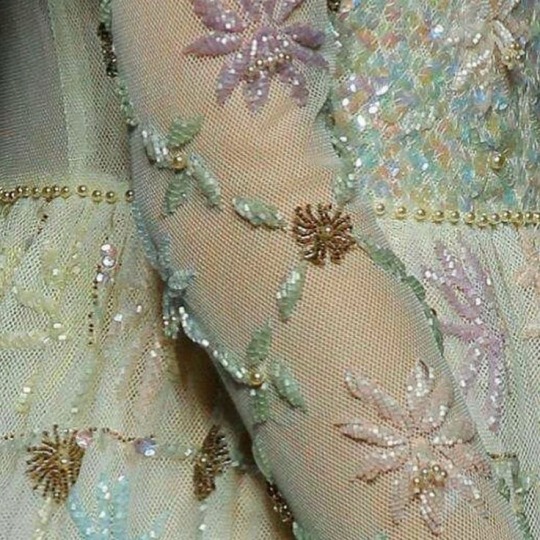

— Aphrodite is iridescence, like the shimmer of pearls and seashells, like glittering jewels in the sea
#aphrodite#mermaid#aphrodite deity#aphrodite devotion#aphrodite worship#mermaidcore#sea witch#venus#sea fairy#sea nymph#nereid#oceancore#helpol#hellenic polytheism#hellenic pagan#theoi#aphrodite devotee#aphrodite aesthetic#whimsigothic#hellenism
9K notes
·
View notes
Text
whenever i get sad that i don’t have friends to worship and do rituals with, I remember that birds sing love songs into the sky everyday, and the grass dances in the wind when it blows. And the clouds blush at the sunset, and the wind whistles tunes, and the bees hum, and the deer trot. And then I remember that the river runs, and the flowers open themselves to the sun, and the bugs sleep on warm leaves. and as I walk and pray, perhaps the rabbits nibbling on shrubs are praying too, perhaps that’s why the spider spun her web so beautifully. and then I remember that I’m not worshipping alone. I never was.
#witchcraft#magick#paganism#pagan#occultism#witch community#witch aesthetic#witchblr#deity witchcraft#deitywork#devotee#devotion#polytheistic#eclectic
4K notes
·
View notes
Text
Aphrodite isn't just love and sex and frilly pink bows,
She's passion, the raging fire that burns between the hearts of two friends or lovers when one is under duress,
She's the unbreakable bond of family (found or bio), everlasting, infinite, no matter how close or far they are,
She's the pain of a broken heart, manifest in anger and vindication, the one standing behind you as you confront an abusive partner/friend/family member,
She's salvation for everyone who has ever been or is being hurt,
She is self love for everyone with self esteem issues, looking you in the eye as you stare into the mirror and saying 'You are wonderful just as you are',
She's the comfort when you're in your darkest times, Her hands cradling you as you cry into Her shoulder,
She's the swelling of your heart when you experience new love or when you pick up a child,
She is justice for every queer person of the world just trying to exist peacefully-- transgender/sexual, intersex, aromantic, asexual, non-straight,
And She is the feeling of your smile slowly fading when you didn't realize you were smiling at all.
#aphrodite's altar#aphrodite devotion#aphrodite worship#aphrodite deity#helpol#hellenic pagan#hellenic polytheism#aphrodite#aphrodite devotee
1K notes
·
View notes
Text
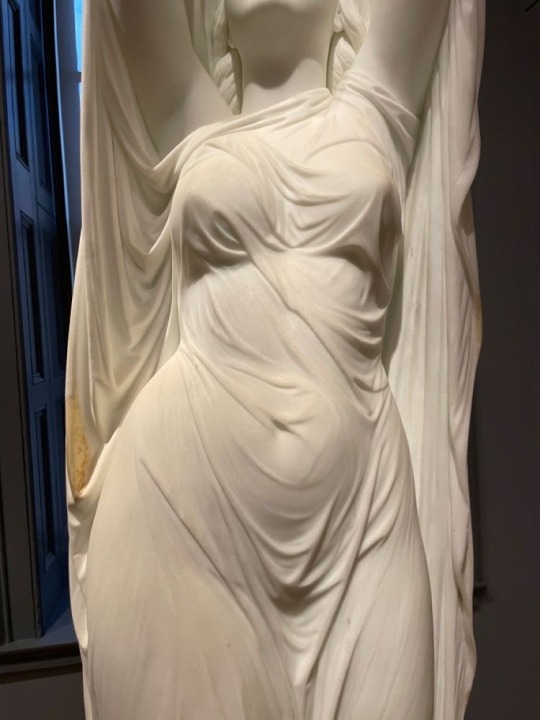



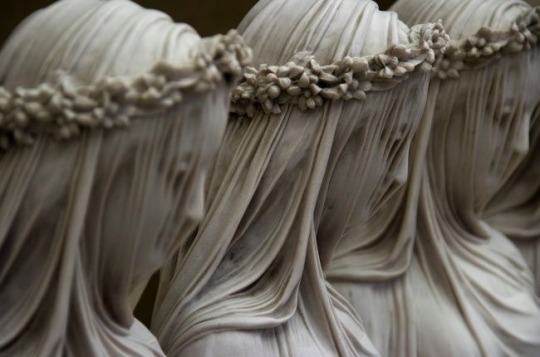
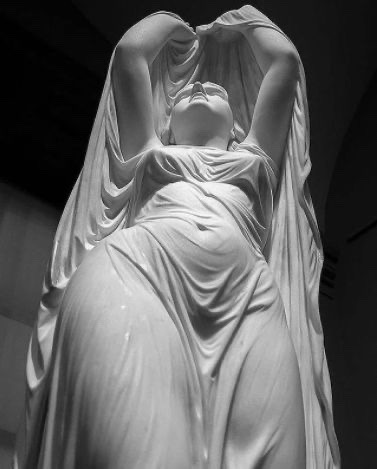
#vesta 🪔#aesthetics :: 🎨#devotion :: 📿#roman pagan#pagan community#pagan#paganblr#paganism#pagans of tumblr#spiritual#spirituality#polytheism#religion#deity devotion#deity worship#sculpture#italy#marble
16K notes
·
View notes
Text
You can't be a hellenic polytheist and be homophobic.
You can't be a hellenic polytheist and be transphobic.
You can't be a hellenic polytheist and be racist.
You can't be a hellenic polytheist and be anti-imaginate.
You can't be a hellenic polytheist and be a nazi.
You can't be a hellenic polytheist and mock ANY of the gods.
You can't be a hellenic polytheist and hate ANY of the gods.
Pick a side. The gods or hatefulness.
You. Can't. Choose. Both.
#hellenic devotion#helpol#hellenic worship#hellenic pagan#hellenic community#hellenic polytheism#greek deities
932 notes
·
View notes
Text
You can’t be anti immigrant and worship Zeus
#if you have a problem take it up with Him#that’s it that’s the post#hellenic polytheism#helpol#hellenic pagan#hellenic pantheon#hellenic paganism#zeus devotion#zeus devotee#zeus deity#zeus worship
765 notes
·
View notes
Text
The Gods love you.
Even when you spend days without lighting up their candles.
Even if you don't have an Altar.
Even if you don't feel their presence yet.
Even if you're not good at tarot.
Or doesn't have prophetic dreams.
They still love you. And you know why?
Because you're you. And that's enough for them, your presence, your devotion, your well-being, is what truly matters for them.
So don't you feel pressured or sad, lovebug 💜💜
#hellenic polytheism#eros devotee#apollo devotee#athena devotee#aphrodite devotee#eros deity#apollo deity#athena deity#aphrodite deity#lady aphrodite#lord eros#lord apollo#queen hera#hera deity#hera devotee#hera devotion#hellenic pagan#hellenism#hellenic polytheist#hellenic paganism
1K notes
·
View notes
Text
You can find Aphrodite when you gush over romcoms. You can find Zeus when the rain pours and soaks your hair. You can find Hera when you're loyal to your friends and partners. You can find Ares when you argue with your parents over the causes you believe in. You can find Apollo when the sun caresses your cheek.
The gods are everywhere—you just need to know where to look.
#today i woke up with extra love and adoration for my deities#hellenism#witchblr#apollo#witchcraft#hellenic polytheism#hellenic deities#hellenic pagan#helpol#apollo smintheus#apollo deity#apollo devotion#apollo worship#apollon#apollo devotee#greek gods#ares#aphrodite#zeus#aphrodite worshipper#aphrodite devotion#aphrodite deity#ares deity#ares worship#ares devotion#ares devotee#ares god of war#hera#hera devotion#hera deity
2K notes
·
View notes
Text
Whether you’re a devotee or a worshipper, you’re not always gonna be at your best, and there are gonna be times - maybe lots of times - where you may not feel you can give 100% to your deities. You may not even be able to talk to them at all.
That’s why I LOVE devotional jewellery or any other kind of devotional item that you can carry with your person. Just the simple act of putting on a necklace or a ring or something similar is such an amazing way of showing your deities “hey, I’m still here. I still love you. I still carry you with me.“
2K notes
·
View notes
Text
Apollo
God of light, sun, poetry, music, knowledge, healing, prophecy, plague, beauty, agriculture, order and archery

Offerings :
Bay leaf
Honey
Coffee
Lemon
Sunflowers
Marigolds
Cake
Pure water
Irises
Yellow candles
White candles
Gold candles
Sun water
Sun imagery
Dolphin imagery
Wolf imagery
Lion imagery
Musical instruments
Any form of divination
Statues of him
Statues of his sacred animals
Yellow saphire
Sunstone
Amber
Tigers eye
Bows and arrows
Bandaids
Gold jewellery
Devotional acts :
Learn first aid
Read
Listen to music
Go to a concert
Support lgbtq+
Make art of any form
Watch the sun rise
Practice divination
Self care / skincare
Sing or dance
Go for a walk
Learn archery
REMINDER you don't need to do any of these things to worship a deity, these are just suggestions, remember that if you don't want to or can't do any of this that it's totally ok !!
#greek myth#ancient greek mythology#greek gods#ancient greece#greek mythology#devotional acts#offerings#apollo#apollo deity#apollo devotion#apollo devotee#praise apollo#hellenic devotion#hellenic pagan#hellenic polytheism#hellenic deities
917 notes
·
View notes
Text
aphrodite 🐚 offerings / devotional acts
offerings
◇ shells ◇ ocean imagery ◇ swan/dove/sparrow/goose imagery ◇ angel/cherub imagery ◇ heart imagery ◇ valentine's day gifts ◇ imagery/paintings of her ◇ roses/rose imagery ◇ rosehips/rose thorns ◇ rose quartz, amethyst, blue lace agate, ruby, moonstone ◇ skincare/hair care/body care ◇ perfume/cologne ◇ hair brush ◇ mirrors ◇ makeup ◇ water (moon/salt/sea water) ◇ honey ◇ wine ◇ hot chocolate/any chocolates ◇ apples ◇ strawberries/raspberries
devotional acts
◇ give compliments to strangers ◇ dedicate a glass of water to her ◇ collect all types of pretty things ◇ plan your outfits, wear things that make you feel like you ◇ wear jewelry that reminds you of her ◇ create a skincare and body care routine ◇ watch romantic movies or read romantic books ◇ listen to music that makes you feel good, dance to it if you are able ◇ give yourself love, forgive yourself for any mistakes ◇ wear perfume/cologne dedicated to her ◇ fall asleep to sounds of ocean waves or birdsong ◇ take a bath devoted to her ◇ spend time with your loved ones ◇ pour your heart out to someone, or pour your heart out in a journal ◇ donate to women's shelters ◇ create a Pinterest board ◇ eat foods that she likes (strawberries, chocolates, apples, & raspberries) ◇ write poetry about her ◇ talk to her ◇ create a playlist dedicated to her ◇ have a chapstick/lip gloss dedicated to her ◇ paint or draw something that reminds you of her
these are just a compilation of a lot of things i have read, as well as some things that work for me :)
#hellenic deities#hellenic pagan#hellenic polytheism#witch#hellenic polythiest#aphrodite devotion#aphrodite deity#aphrodite worship#lady aphrodite#aphrodite
2K notes
·
View notes
Text
This is just a quick reminder that this blog is not a safe place for you if you are a terf. Especially if you try and push the fucked up idea that Aphrodite does not love trans women. I am trans myself and won't tolerate my sisters being disrespected by miserable radfems. Ty.
Lady Aphrodite loves everyone. Including trans people.
#hellenic polytheism#hellenism#hellenic pagan#hellenic worship#deity worship#hellenic deities#hellenic#hellenic polytheist#greek deities#helpol#aphrodite devotion#aphrodite deity#lady aphrodite#aphrodite worship
2K notes
·
View notes
Text
Aphrodite loves sex workers and victims of sexual assault and intersex people and people who are insecure about their body/self harm and nonwhite people and queer people and fat people btw. pass it on
#aphrodite's altar#aphrodite devotion#aphrodite worship#aphrodite deity#helpol#hellenic pagan#hellenic polytheism#aphrodite#aphrodite devotee
3K notes
·
View notes
Text
The gods don't always show you they're with you in big ways.
Sometimes it's small things, a butterfly hovering around you, a wild animal coming to you for help, hitting every green light when you're running late, an extra dollar in your pocket when you need it.
2K notes
·
View notes